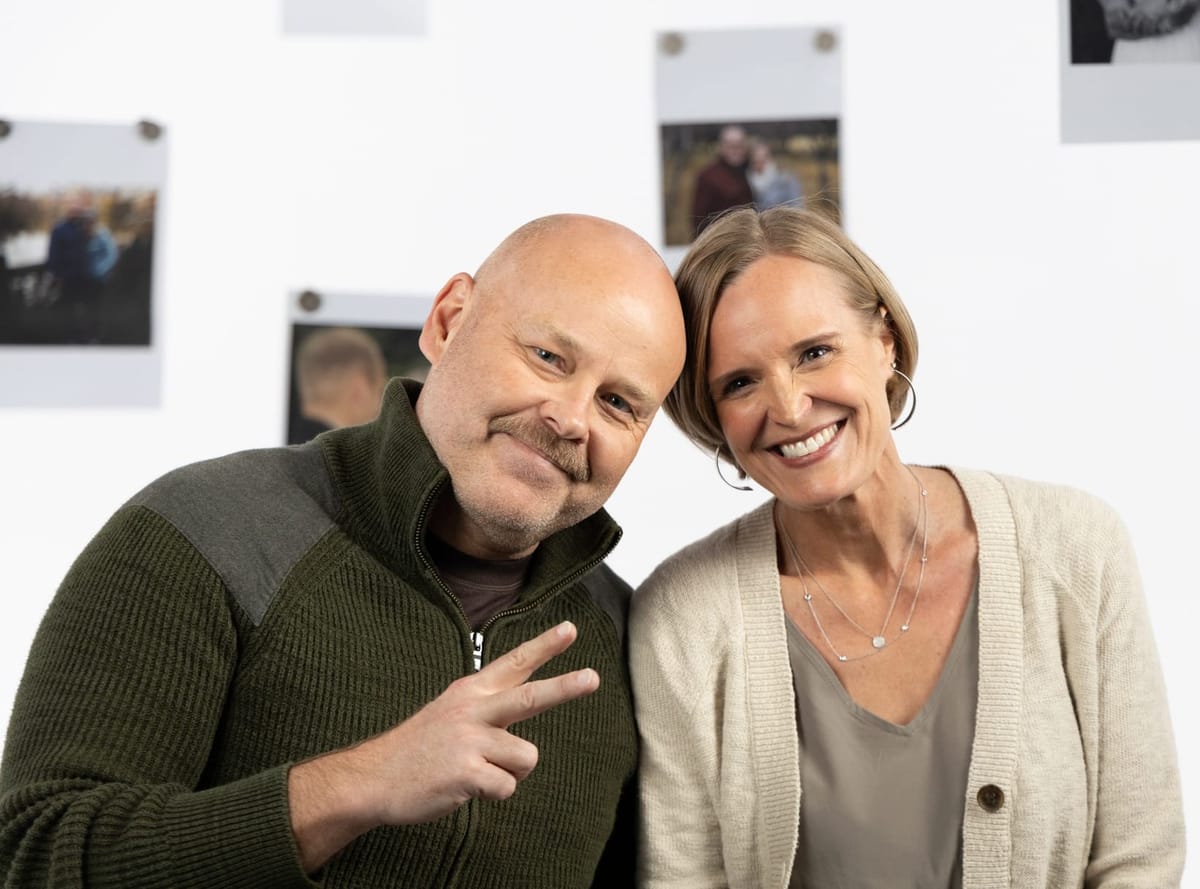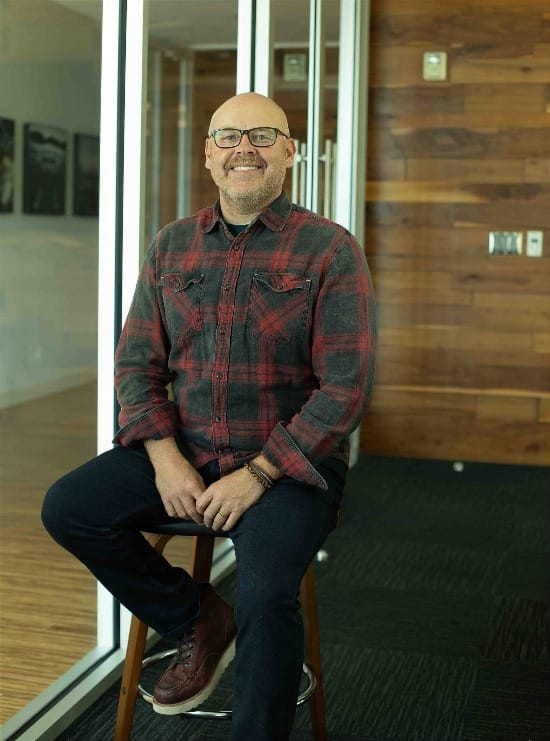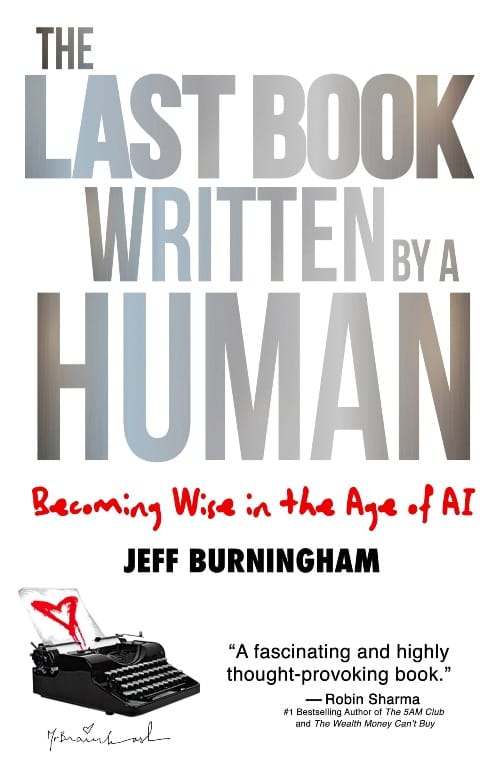

Provo, Utah — September 27, 2025
Jeff Burningham has built billion-dollar companies, run for governor, and watched the world bend under forces few could predict. Over the years TechBuzz has covered many of his notable tech investments and, more recently, his venture firm's rebrand. Yet for all the wins, the losses, and the high-stakes gambles, Burningham believes the most consequential disruption isn’t in the market—it’s in us.
“AI is a mirror,” a concept he shared with Techbuzz in a recent conversation. “It doesn’t create reality. It just reflects it. What we see depends on what we feed it—and who we are when we look into it.”

It’s a philosophy that reads like a warning and a prescription. For Burningham, the mirror isn’t metaphorical—it’s literal in its implications. Machines, he argues, will only magnify what humans already are: our ambition, our fear, our capacity for both destruction and compassion.
His perspective comes as much from heartbreak as from boardrooms. In 2020, Burningham ran for governor of Utah. The pandemic hit in March, flattening his campaign and forcing him into isolation while other candidates dominated airwaves and social media. “It felt like death,” he said. “Not just the loss of the race, but the loss of control, of connection. It was a crash course in disruption—personal, political, and existential.”
It’s that same lens he uses to view technology. The rise of AI, he says, is the world’s wake-up call. It’s a disruption of the Old Game—the race for money, status, and influence—and a doorway to something entirely new. “The technology isn’t the threat,” Burningham says. “It’s what it reflects in us. If we continue to feed it fear, greed, and division, it will accelerate that. But if we bring consciousness, empathy, wisdom, and courage, it can elevate humanity.”
Burningham’s book, The Last Book Written by a Human, travels with him to the banks of the Ganges, where he witnessed centuries-old rituals of death and rebirth. Watching bodies reduced to ash and thrown into the river, he writes, he felt a deep kinship with humanity: the constant cycle of endings and beginnings, the potential to shed old forms and emerge anew. The river, he says, “is the metaphor for existence itself—constant, flowing, and transformative.”

That river, the campaign, and the markets all point to the same lesson: disruption is inevitable, but evolution is a choice. Burningham frames this as the transition from the Old Game to the New Game. The Old Game, he says, is ego-driven, transactional, finite. The New Game—what he calls the “infinite game”—is about collaboration, conscious engagement, and aligning human potential with technology rather than ceding to it.
“You can’t outsource your humanity,” he shared. “Machines can do a lot of things faster than we can, but they can’t cultivate wisdom. That’s our advantage. That’s the thing we have to protect, and grow, and feed.”
Burningham’s vision is not apocalyptic. It’s aspirational. It’s rooted in the messiness of lived experience, the humility of loss, and the clarity of observation. He doesn’t just talk about AI or disruption—he lives it, reflects on it, and pushes himself and others to see both the peril and the promise.
The question he leaves on the table is simple but urgent: When the mirror of AI looks back at us, who will we be?
To learn more about Burningham and his book, The Last Book Written by a Human, visit jeffburningham.com.

